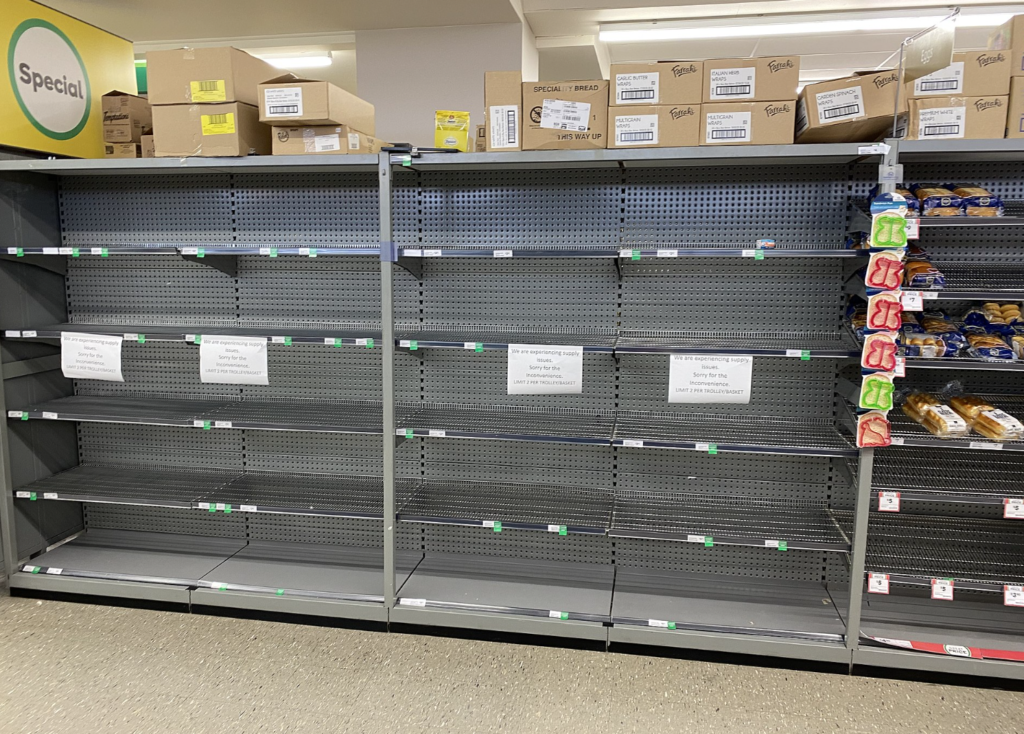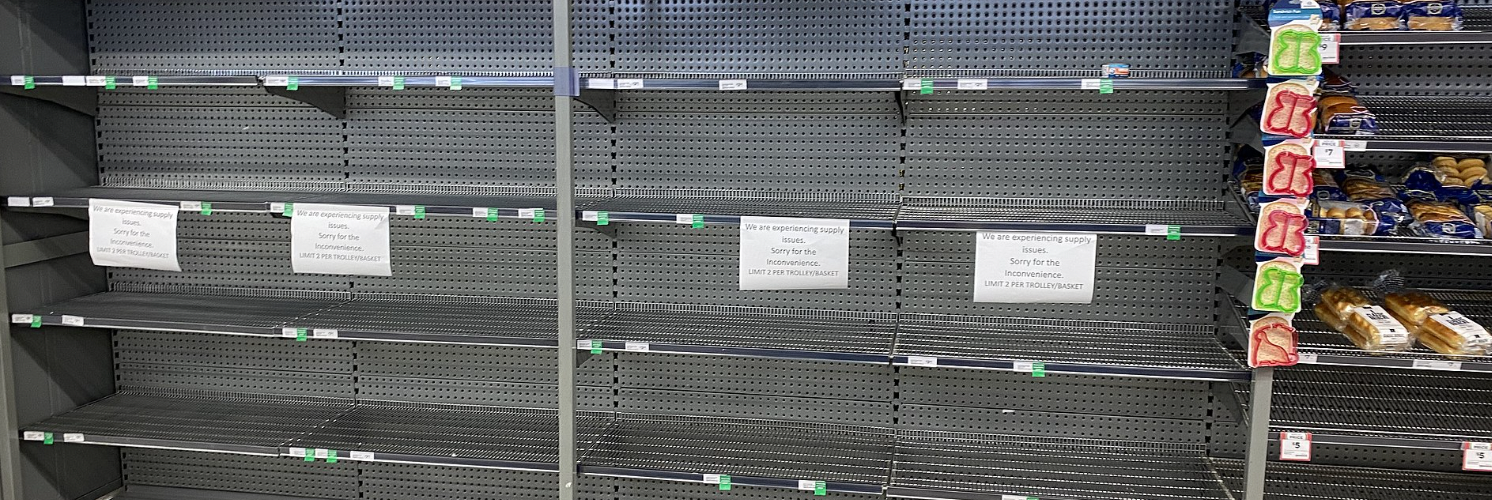
Deemed the “invisible epidemic,” by Health Affairs, food insecurity among college students has become exacerbated since the pandemic.
A survey done by dchunger.org entitled #RealCollege showed that about three in five college students suffered from “basic needs” insecurity in 2020.
These kinds of hardships can make it far more difficult for college students to focus on their education and future. American Dining Creations (ADC) reports that “students with low food security are 4 to 5 times more likely to experience depression than their food secure peers.” Not only that, but ADC statistics also show that food-insecure students can have lower GPAs, are less healthy physically, and are more likely to drop out.
LaMonika Jones is the Interim Director at D.C. Hunger Solutions, working to generate solutions to food insecurity across the District. DC Hunger Solutions has done some events at Howard University in recent years, as well as at other college campuses. “It’s important for us to have a presence so that college students can know that outside of your meal plan or even if you don’t have a meal plan that we’re here to sign you up for SNAP to work through those challenges and address hunger on your campus,” she said, in speaking on SNAP, the Supplemental Nutrition Assistance Program.
Howard student, who would like to remain anonymous, gave insight into their own struggle with food insecurity and what has helped. “Government-allocated food stamps have made a major difference in my quality of life,” they said, “Often throughout breaks, I can’t utilize the resources that Howard has, despite how expensive they are, but food stamps help soften that blow.”
Jones describes college students as a vulnerable population and an age group that may not get as much recognition when it comes to food insecurity. “A lot of students rely on meal plans and without those meal plans in place, what are college students doing in order to address hunger?” she said. “Sometimes the assumption is because you’re a college student because you have access to a meal plan [and other on-campus resources] that hunger is not an issue but that’s not necessarily the case.”
Howard University film student and native Washingtonian Alana McClellan is working on a film project to address the issue.
McClellan’s film project will highlight food insecurity in Washington, D.C.’s, majority Black wards 7 and 8. One out of ten metropolitan D.C. residents is food insecure, according to the Capital Area Food Bank. McClellan’s goal is to raise awareness about food insecurity and explore ways to address the issue.
“My project is centered around food deserts and food insecurity which is common in wards 7 and 8 of the metropolitan areas,” McClellan said, “As a native Washingtonian, I’ve always known that places East of the river suffer more from numerous problems such as lack of resources, jobs, and health care, with high rates of obesity that comes from being food insecure. I think it’s very important to highlight all the problems that can arise from food insecurity.”
In food deserts, little to no access to a grocery store, or the funds to get groceries, can cause some people to go for the cheaper, more accessible option: fast food. This can lead to a wide range of health problems including obesity and diabetes. According to diabetes.co.uk, fast food causes insulin resistance, the cause of type 2 diabetes.
“Food insecurity definitely affects your performance as a college student and it’s not just access to food in general because consuming unhealthy foods can have the same effects on your body as not eating at all,” Jones said.
The Walmart located at 99 H St NW, Washington, DC 20001, will be closing on March 31, 2023. This was announced shortly after residents filed complaints about the low stocks of food in this Walmart. DC News Now brought up the public’s concern on this, explaining that after shelves are frequently empty, now the location is closing and nearby residents will lose possibly the only accessible grocery store for them.
Yet another grocery store closing will create a greater limitation of affordable and accessible grocery stores for DC residents. The inequitable distribution of grocery stores in DC promotes food insecurity among residents who depend on these stores and are unable to get transportation to and from stores located further away, walk the distances, or pay the extra means. Despite being in Ward 6, this Walmart was accessible to many residents in Wards 7 and 8 that have fewer options nearby than in some of the other Wards.
“Although the Walmart is closing we’re hopeful that DMPED [Office of the Deputy Mayor for Planning and Economic Development] does look at that space and take some consideration to the lack of access to grocery stores East of the river and continue to put affordable full-service grocery stores across the district, including that space on H street,” Jones said, in speaking on the Walmart closing.
For more information from DC Hunger Solutions, you can visit their website at dchunger.org go to their Instagram page @dchungersolutions or their FaceBook DC Hunger Solutions. Jones suggests that college students who identify as food insecure inquire about their eligibility for SNAP.










Recent Comments